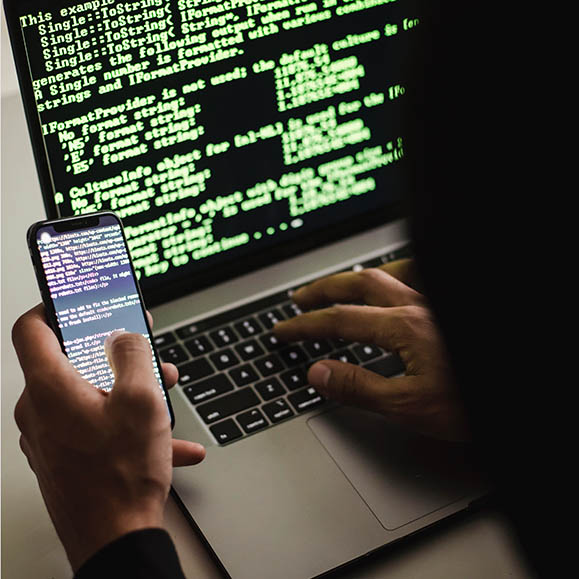
The U.S. Small Business Administration (SBA) has seen an influx of fraud surrounding applications for federal aid. The most common fraud occurring is email phishing where a scammer impersonates the SBA via email with the goal of collecting personally identifiable information (PII).
Those who have applied for the SBA’s Economic Injury Disaster Loan Program seem to be at high risk for receiving phishing emails asking them to “verify their accounts”, but really, the scammers link out to a third-party site where the data is collected for fraudulent purposes.
While the SBA does communicate with applicants via email, the SBA will never use a third-party platform to collect PII.
Here are some additional tips to help keep you safer from scammers:
- Borrowers should not click on any links sent to them for correspondence related to SBA loans without verifying who it is from and ensuring their application number is referenced in the email. SBA email accounts end in sba.gov and nothing more.
- Do not provide any personal information via email to anything related to the SBA.
- If you question the validity of a request seemingly made by the SBA via email, email disastercustomerservice@sba.gov
- The SBA may contact you via email regarding Economic Injury Disaster Loan (EIDL) term loans. Remember, the SBA email accounts end in sba.gov and nothing else.
- The SBA does not contact you directly with anything related to PPP loans; they correspond directly with the bank handling your loan.
- The SBA logo on an email doesn’t mean it is official; focus on the email address. SBA email accounts end in sba.gov and nothing more.
Phishing Email Impersonating Your Bank
As you keep an eye out for SBA phishing emails, remain vigilant when you receive an email that seems like it comes from a banking institution you have a relationship with. Scammers are well-versed in manipulating users into giving out PII, so before clicking any links or responding in any way, contact your bank directly to ensure the legitimacy of the email.
We’re here to help
If you have any questions regarding how to better protect yourself against online scammers, email the Corrigan Krause Coronavirus Crisis Team (CKCCT) at ckcrisisteam@corrigankrause.com for more information.
